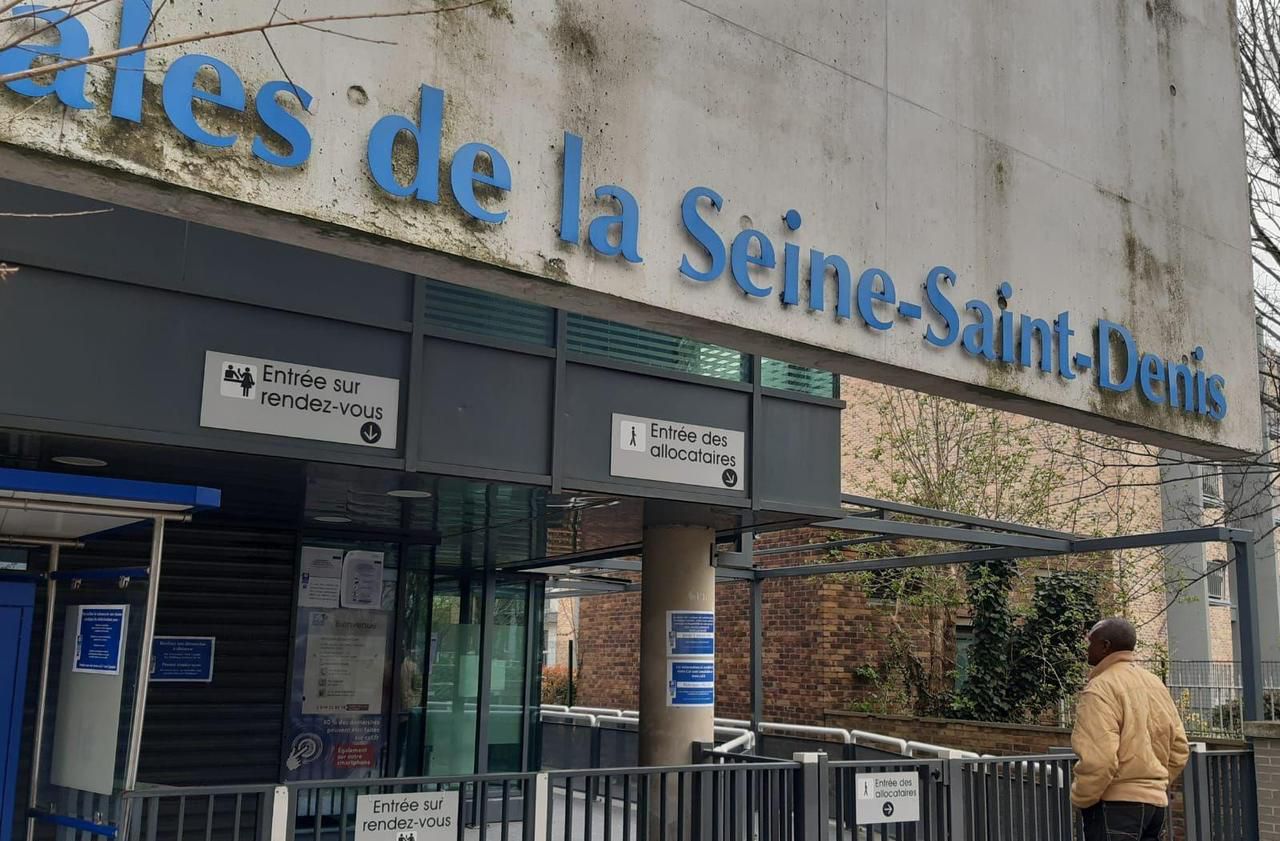It is an inescapable reality. In Seine-Saint-Denis, not very comfortable with the telephone or the Internet, many users prefer direct contact. But faced with the Covid-19 epidemic and at the time of confinement, most major public services have closed their reception centers. Behind the drawn curtains, agents are still working to follow up on files.
Family allowances: “Priority to the payment of benefits”
It is a huge ship of 904 agents, paying 2.5 billion in services (including RSA, APL, disability allowances, etc.) each year. The Family Allowance Fund closed its family agencies on Monday. But part of its teams are still on the bridge.
“We have 190 people working from home and others who come to the office on priority missions,” explains Pascal Delaplace, director general of CAF 93. The objective is to pay the services on time, at the beginning of the month. April, and we’ll hold it. »Major stake, in a department which counts 370,000 beneficiaries (around 900,000 beneficiaries out of 1.6 million inhabitants).
Please note: it is no longer possible to drop a letter directly into the letterboxes located at the entrance of the branches, which are also closed. Beneficiaries will have to take their troubles patiently. In case of emergency, they can call 0810 25 93 10. The website (www.caf.fr) is supposed to offer telephone appointment slots – inaccessible when we tried to register.
The Departmental House of Disability in slow motion
Its reception, in Bobigny, usually receives more than a hundred visitors a day. The Departmental House of Disability (MDPH) has also lowered the curtain. However, this service receives all requests for aid related to a disability: 3,700 cases per month on average.
140,223 people (adults and children) had an active right to the MDPH in 2018, some of whom were particularly fragile. “The MDPH is idling, especially since its activities are difficult to telework,” said Benjamin Voisin, deputy director general of the departmental council in charge of solidarity.
Consequence: the processing times – already “7 to 8 months on average” – may stretch further and delay the payment of allowances. “It is still possible to investigate an emergency request,” said Benjamin Voisin.
In theory, this March is the month when the MDPH receives requests for school life assistants (AVS), for children with disabilities entering school. “We will receive less since they require a meeting in the host school … But we will need a crisis exit plan to ensure the start of the school year,” says Benjamin Voisin.


:quality(80)/cdn-kiosk-api.telegraaf.nl/2c6512d8-27dd-11eb-9235-0218eaf05005.jpg)